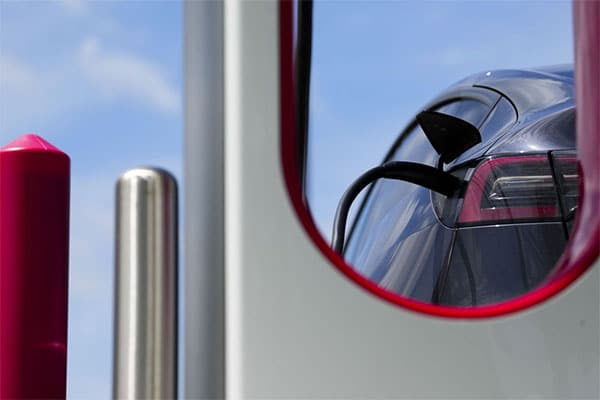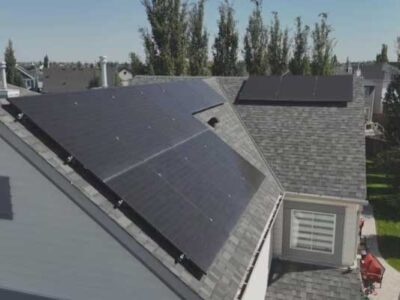- Canada has invested heavily in building a widespread electric vehicle (EV) charging network.
- But recent data shows that out of the 43,046 federally funded chargers, only 7,644 are currently operational.
- This gap raises questions about the effectiveness of government programs in facilitating the mass adoption of electric vehicles.
Since 2016, Canada has aggressively pursued the installation of electric vehicle (EV) charging stations through two federal infrastructure initiatives.
The aim was to accelerate the mass adoption of electric vehicles and reduce carbon emissions.
The government set an ambitious goal of installing 84,500 charging stations by 2029.
However, recent data from Natural Resources Canada reveals that out of the 43,046 federally funded chargers, only 7,644 are operational—a staggering discrepancy that necessitates scrutiny.
Program Details and Private Funding
The first federal program, which concluded in 2020, supported the deployment of 1,096 EV chargers.
Surprisingly, about 20% of these have yet to become operational.
The program also financed 22 natural gas stations and 15 hydrogen stations, of which approximately 60% are functional.
The second program, initiated in 2019 with a budget of $280 million for five years, targeted the installation of 33,500 chargers by 2025.
It later received an extension until 2027 with an additional $400 million. As of August 2021, 42,007 chargers have been “selected for funding,” but only 6,697 are working.
It’s worth noting that government funding covers only up to half of the equipment and installation costs, meaning a significant number of privately funded chargers are not included in the official statistics.
The Path Forward
Despite these challenges, Canada remains committed to electric mobility.
Electric vehicle sales made up nearly 11% of the total market share nationally during the spring, according to data from Electric Autonomy Canada.
Furthermore, a report by research firm Dunsky Energy and Climate projects that Canada will need 52,000 operational chargers by the end of 2025, and up to 200,000 by 2030, to meet national EV sales targets.
Energy Minister Jonathan Wilkinson recently announced an additional $25 million to support the installation of 1,500 EV chargers in Quebec as part of a broader strategy to strengthen Canada’s EV infrastructure.
While current data highlights challenges in making Canada’s EV charging infrastructure fully functional, it also demonstrates the nation’s unwavering commitment to a cleaner, electrified future.
As electric vehicle adoption continues to grow, bridging the gap between funded and operational chargers will become increasingly crucial.













Comments